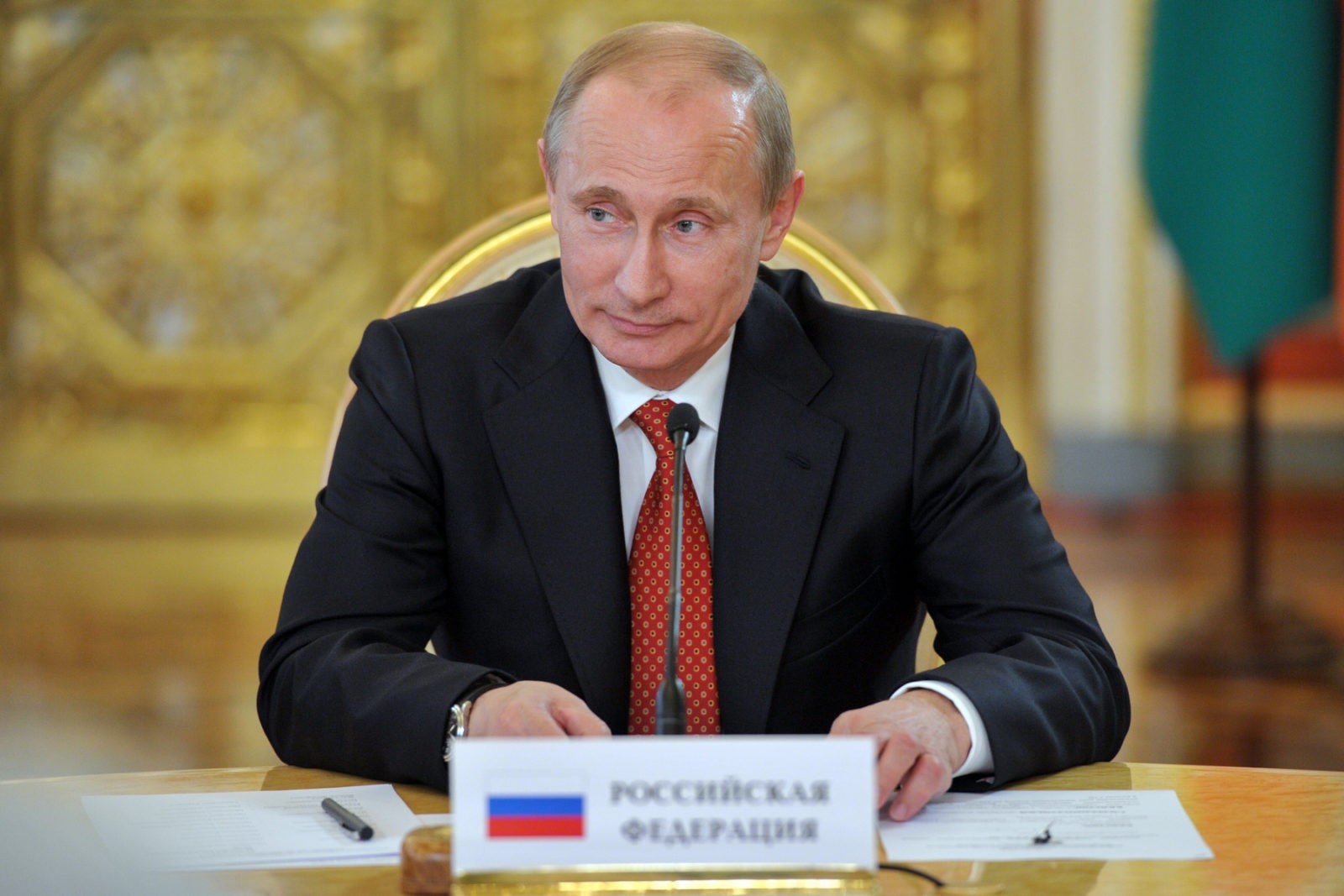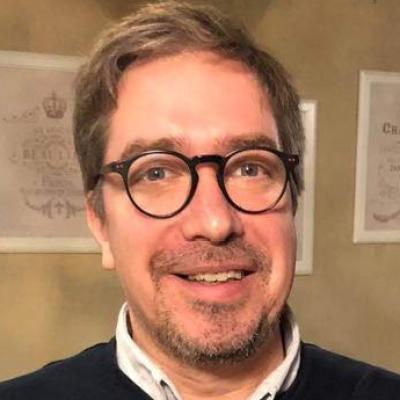Western liberal commentators often warn of the global spread of populism by compiling ever longer lists of countries where anti-liberal leaders are in power. The criteria of these lists vary from expert to expert. But a central spot has invariably been reserved in pretty much all of them for Putin’s Russia — an early bird nestled among the likes of Orban’s Hungary, Erdogan’s Turkey, Duterte’s Philippines, Trump’s America, and Bolsonaro’s Brazil.
As these lists get longer, what do they all still have in common? Other than their recent tendency to throw out old elites in favour of new ones, and a broad backlash against the promotion of human rights, the answer does not seem so simple. It is even getting taxing to recall exactly why Putin’s Russia should even be on this list at all. What does Putin have to do with Bolsonaro, for instance? In this regard, Putin’s Russia may well have been such a forerunner that it now takes on the appearance of a tired laggard, and one that could get swept away.
There are signs of public discontent with Russia’s political establishment: citizens of several regions refused to vote in accordance with the Kremlin’s well-known rules and the Kremlin is uneasy in the lead up to the December re-election in Primorsky Krai. This means that Russian internal stability can no longer be taken for granted. Globally, Moscow is also losing its attraction as the bastion of global anti-liberalism.
Trump as the New Populist Torchbearer
Viktor Orban, who came to power in Hungary in 2010 for a second time and is here to stay for the long-term, may have emulated Putin in the absence of other role models. In the early 2010s Putin was truly second to none as a political mentor for someone who was busy establishing control over the most popular media outlets, subordinating businesses to the interests of the ruling elite, revising the politics of memory in the interests of glorifying the past, paving the way for the rise of the most popular church.
Today, however, Budapest prioritises building a good rapport with Donald Trump’s America over relations with Putin’s Russia. Orban joined the campaign to expel Russian diplomats in the aftermath of the attempted poisoning of double agent Sergei Skripal, promised to increase spending on NATO and to enlarge the Hungarian contingent in Afghanistan. None of this was supposed to please Putin but was rather conceived to please Trump. The focus on protecting Hungarians all over the world, including Ukraine, is central to Budapest’s plans. At the same time, Moscow, fascinated by the idea of the ‘pan-Russian world’ (russkiy mir) in 2014, has lost interest in this topic of late.
Countries which cannot look to Moscow for a role model and patronage due to historical reasons, turn to Washington: During Polish president Andrzej Duda’s visit to Washington he offered not only to build a military base in Poland but also to fund it using money from the Polish budget and even to name it ‘Fort Trump’.
Similarly to Orban, the leaders of far-right parties (and far-leftist parties like Syriza in Greece) drew on the Kremlin’s experience and clamored to attract Putin as a patron. Putin hosted a meeting with Alexis Tsipras, the leader of Syriza, during the decisive EU talks on Greece’s foreign debt. In the spring of 2017, shortly before the presidential election in France, Putin met Marine Le Pen, the leader of the National Front. Moscow has hosted less high-profile meetings even with marginal far-right parties who have no prospects at home showing great hospitality.
However, the Kremlin is rarely ever truly useful, except in terms of granting loans via sources close to (but not closest) to the Kremlin. The loan granted to the National Front being a case in point. Greece has not received any substantial aid and has been left to struggle its way out of debt of its own volition and assistance from the EU.
Italy is in a similar position today. Reminiscent of its promises made to Greece, Moscow vaguely suggests investing money from its sovereign wealth fund in Italian bonds in order to come to the rescue of the state currently in conflict with the EU over its budget deficit and the cost of borrowing. However, Russia is unable to resolve the problem and will therefore not intervene.
In all of the aforementioned cases, the Kremlin has pursued its own strategic aims in a bid to garner support for the annexation of Crimea and the countermeasures adopted in the aftermath of the EU sanctions. Similarly, Moscow limits itself to rhetoric even in relations with allies in the Balkans; despite intensive exchanges of friendly rhetoric with Serbia, the EU remains its principal investor.
Were Christian democrats and socialists in the minority in Europe, the Kremlin would have supported them. Moscow has no interest in offering strategic assistance out of principle. In the majority of cases, relations with the Kremlin are disappointing to counterparties who ultimately turn to other sources of support.
Putin’s Fading Presence
At one time, countless novice populists and nationalists looked up to Putin. Today, they see a far more convincing example in Washington. Trump is more active than Putin in his attempts to crack down on the liberal press, cut off the oxygen supply to NGOs ‘financed by Soros’, protect the country against invasions of outsiders and enemies, construct walls and bring nationalism as an ideology into the mainstream.
In the US, Putin’s name does not often appear on television and Trump is no longer compared to Putin on late night comedy shows. Trump is a stand-alone role model now. The host of one such show, Bill Maher, said in the wake of the Brazilian election: ‘They are calling him [Jail Bolsonaro, president-elect of Brazil] a ‘tropical Trump’. I feel like I have read this story before. It’s like they are franchising Donald… Italy has one, Hungary has one, Poland… Merkel is out in Germany, we don’t know what’s next there’.
And what about Putin? It seems he is no longer an exemplary dictator in the mass consciousness. He himself might not have changed but the global context has changed along with domestic politics. Putin no longer resembles an impudent pioneer but has the look of a weary conservative about him against this backdrop.
Putin, the showcase of Russian politics, has been in office for almost 20 years. The crackdown on the press, business, NGOs, alternative political projects in their early stages, attempts to control public space – all these measures date back to the days of the USSR and partially derive from 1990s corporate practice.
Putin has been engaged in suppressing institutions, not in order to break down something outdated, but in order to combat enemies and to erect something on the ruins of the Soviet institutions and unfinished post-Soviet constructions. Putin and his team have strived to take full advantage of the strong executive power laid down in Boris Yeltsin’s constitution. Twenty years of power later and the presidential office, which is now akin to a squeezed lemon, can barely offer anything promising. Unless a new wave of ‘turbo acceleration’ launched by a foreign escapade or aggressive domestic campaign is tabled. An outcome of the Mueller investigation in the U.S. or Putin’s possible deal with Japan over the disputed islands in Russia’s Far East (Japan’s “northern territories”) may play a disrupting role but neither of the stories is clear at the moment.
Populists in the UK, France, Germany and the US are dealing with well-established political centres. Centrist parties which have been bequeathing power to familiar faces for decades are an ancien régime which have been succeeded by new populist and anti-elite forces. The shift is not so visible in less stable political systems such as Brazil or the Philippines although populist leaders are also sweeping away the ancien régimes there too.
Putin’s system in the Russian context, after nearly twenty years in power, is becoming an ancien régime. Sooner or later, it will face the next wave of Russian political history.










